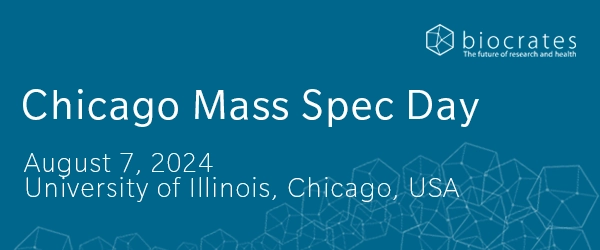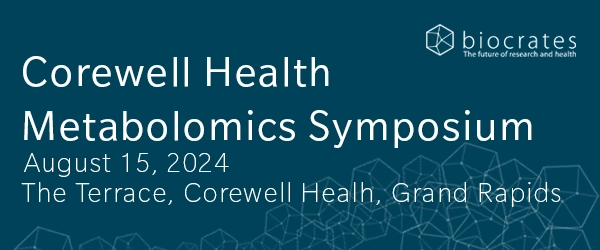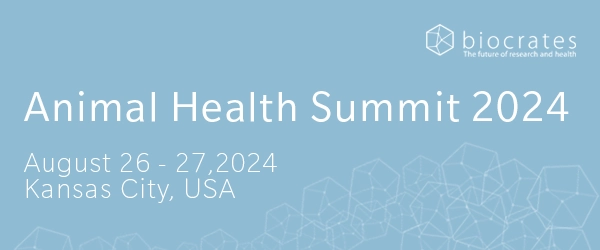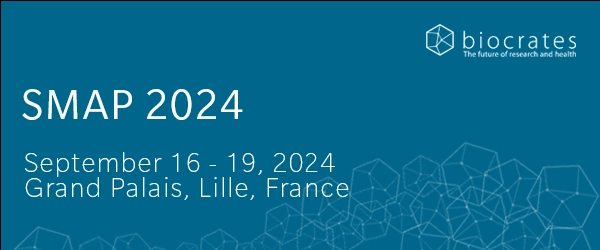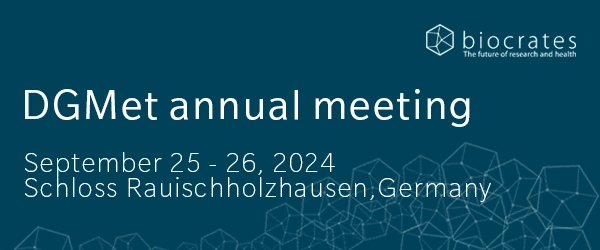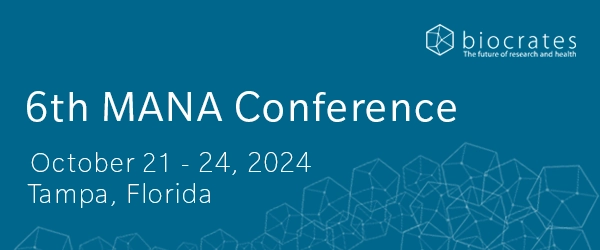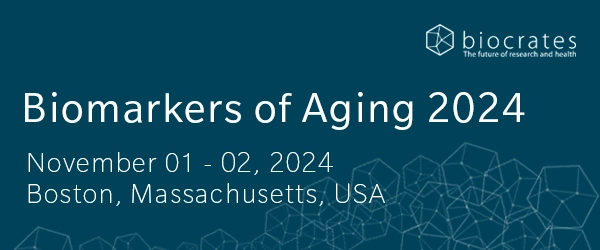
Speaker | Ass. Prof. Eiji Hishinuma
Affiliation | Advanced Research Center for Innovations in Next-Generation Medicine, Tohoku University, Sendai | Japan
Metabolomics in the Tohoku Medical Megabank and identification of biomarkers in gynecological cancer
Metabolomics, the comprehensive analysis of metabolites in vivo, has contributed significantly to research on the search for diagnostic biomarkers for various diseases. However, very few studies to date have led to clinical applications, as the reliability of biomarkers cannot be obtained because the reference values and reference values of each candidate marker are unknown. Therefore, clarifying the metabolomic profile of the general population using biobank specimens accumulated in large-scale cohort studies is very important for identifying disease biomarkers.
The Tohoku Medical Megabank Organisation (ToMMo) has so far established a metabolome analysis flow for large-scale samples of several thousand people using a mass spectrometer-based targeted metabolome analysis kit. Furthermore, the results have been published in the database, the Japanese Multi Omics Reference Panel (jMorp), and metabolites and other compounds related to ageing and sex differences are being identified. In recent years, a clinical biobank has been established and clinical sequencing and metabolome/proteome analyses have been conducted on specimens from patients who visited Tohoku University Hospital. In particular, metabolomic analysis of plasma specimens from gynaecological and other cancers is being conducted vigorously, and by comparing with specimen data from the ToMMo cohort, biomarkers that are useful for the diagnosis of gynaecological cancer and prediction of treatment efficacy are being identified.
In this presentation, the results of the analysis of plasma samples from the ToMMo and clinical biobanks using the targeted metabolome analysis kit and the evaluation of the quantitative values obtained will be presented. Furthermore, examples of the analysis of metabolome profiles in cancer patient samples from the clinical biobanks and the identification of biomarkers associated with metabolite variation and disease prognosis in cancer patient plasma will be presented.

